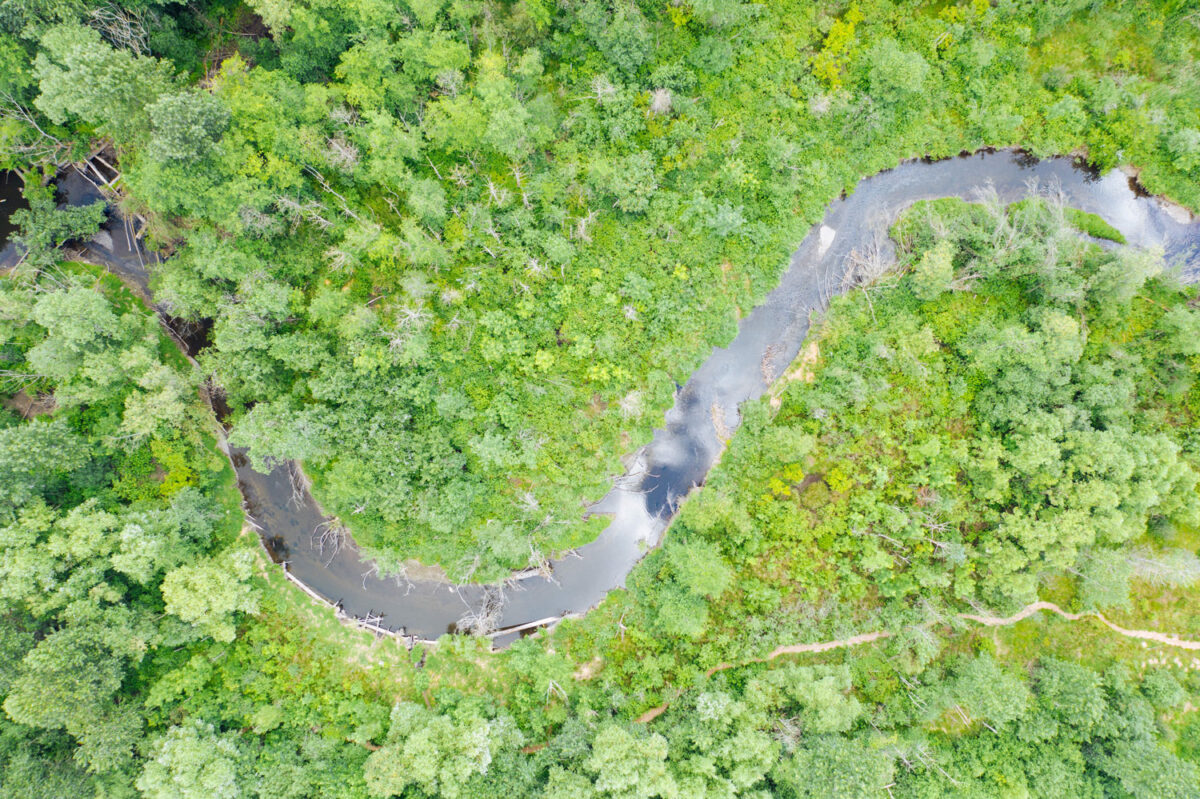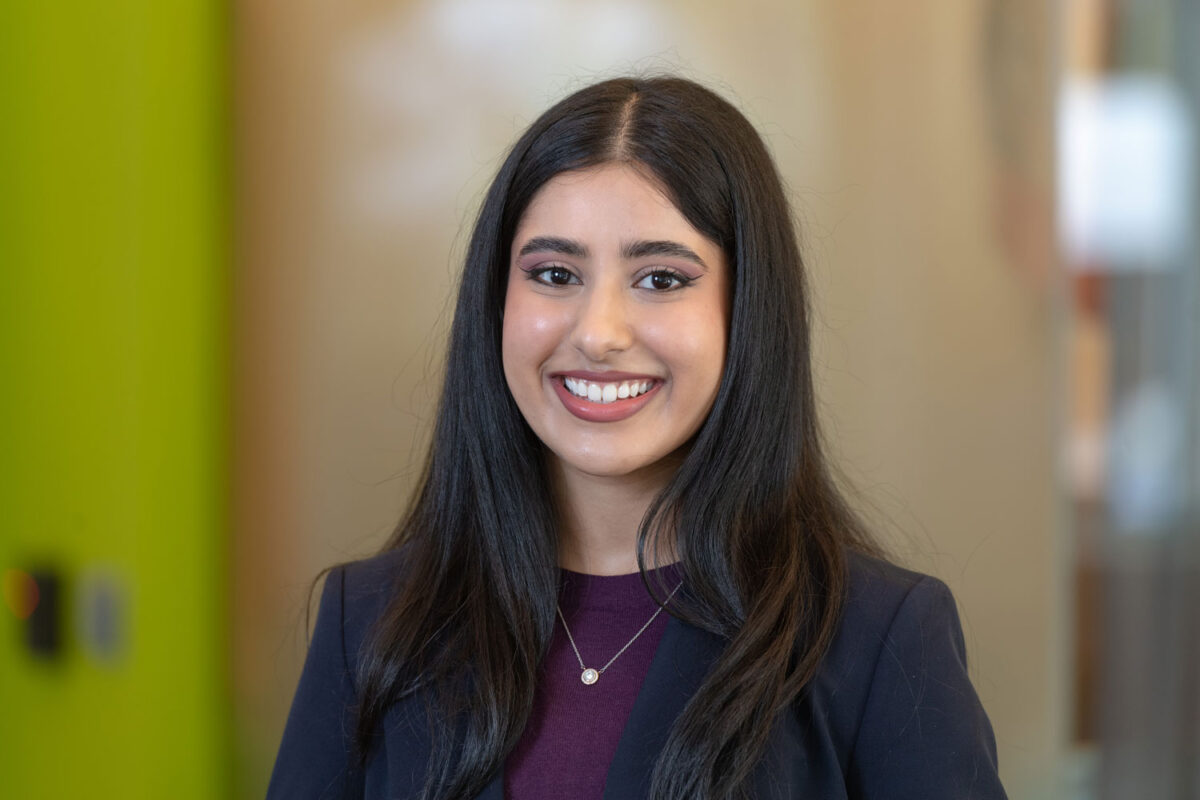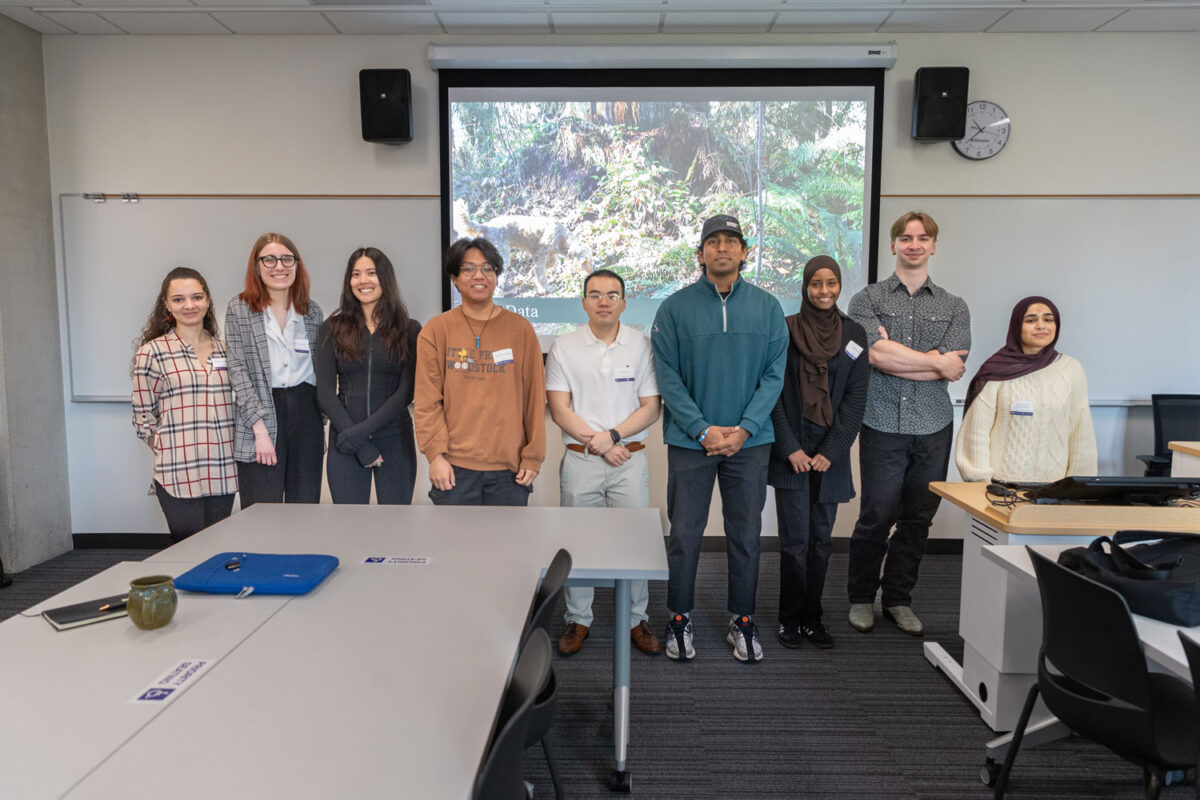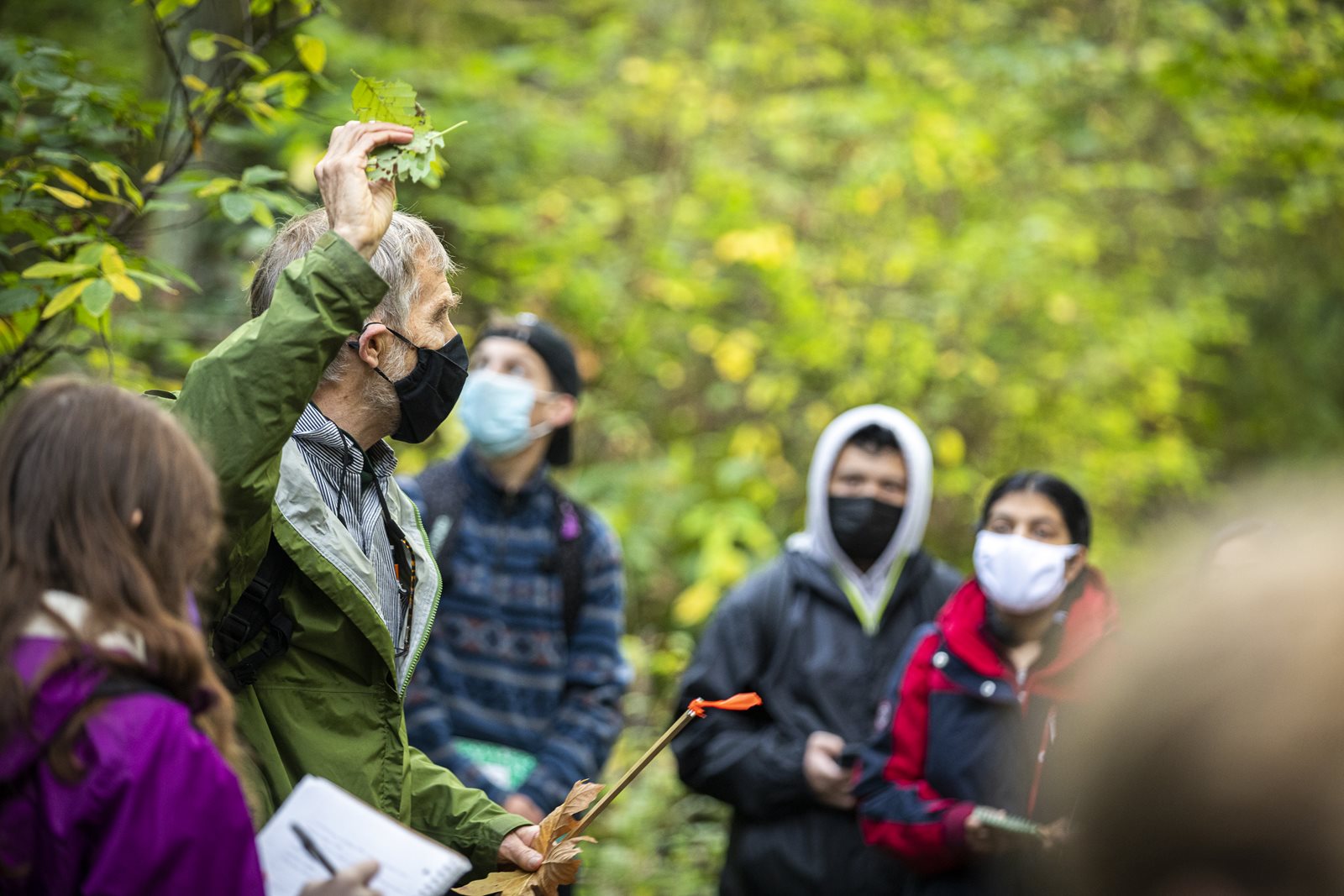
An initiative at the University of Washington Bothell to prepare the next generation of students for the green economy has received $811,061 as part of $19.4 million secured by Congresswoman Suzan DelBene (WA-01) for community projects across the 1st Congressional District in Washington state. 澳门赌场 budget was approved by the U.S. Congress in late December and signed by President Joe Biden on Jan. 4.
UW Bothell’s planned Environmental Careers Preparedness (EnCAP) program will develop and establish K-16 educational pathways toward careers in environmental and sustainability fields.
Plans to develop a green economy
澳门赌场 Biden administration’s Build Back Better Plan is the largest investment in clean energy transitions and climate resiliency in U.S. history. 澳门赌场 plan is intended to set the country on course to meet climate mitigation and adaptation goals, create jobs, enable more people to join and remain in the labor force, and drive growth in a more sustainable fashion. According to Biden administration estimates, this response to climate change could create millions of jobs in new green-economy sectors.
As noted in UW Bothell’s EnCAP proposal, many careers in the green economy will require at least an associate or bachelor’s degree. This includes those directly related to understanding environmental change and its impacts on the Earth system (e.g., climatology, oceanography, Earth system sciences, ecology, etc.) as well as degrees related to understanding socio-ecological resilience, mitigation and adaptation measures (e.g., sustainability science, environmental public health, political sciences, political economy, etc.).
A variety of industries are already responding to market and resource demands to shift toward more environmentally sustainable business practices and have engaged in efforts to achieve greener economic futures.
Due to insufficient awareness of the impacts caused by traditional and established business models, industry cultures and consumer preferences, however, many college students are not well versed in the possible career opportunities that await them.
Programming to address needed change
An important question remains unanswered: How are educational practices and experiences from elementary school to the college level responding to global environmental change and its mitigation and adaptation strategies — including career preparedness?
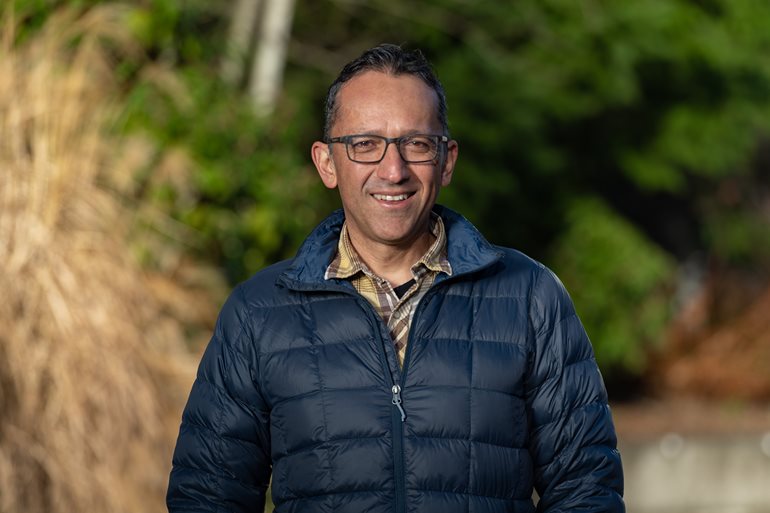
“Through hands-on teaching and research experiences at the Environmental Education & Research Center in Saint Edward State Park, the EnCAP program will provide K-16 students with the necessary tools and experiences to engage in green career pathways and practices,” said Dr. Santiago Lopez, associate professor in the School of Interdisciplinary Arts & Sciences and faculty director for programming at the EERC.
During EnCAP’s three-year cycle, the EERC and partnering organizations will co-develop curricular modules and mentoring experiences with an emphasis on biodiversity and biogeography, climate change, Indigenous ways of knowing, salmon recovery and environmental public health. Central components will include art and STEM learning activities such as inquiry-based science, mobile and geo-technologies, engineering-based design thinking and grade-appropriate data gathering and analytical methods in partnership with local school districts.
“We expect that place-based learning experiences and dedicated mentoring will positively influence high school students to pursue an environmentally oriented college degree,” said Dr. Sharon A Jones, UW Bothell’s vice chancellor for Academic Affairs. “We are grateful to Congresswoman DelBene for her support of this initiative and the future of our green economy.
“We would also like to thank community advocate and EERC supporter Susan Carlson, who helped conceptualize the program, and the organizations that backed our proposal: City of Kenmore, Mountains to Sound Greenway Trust, Pacific Education Institute, Sustainability Engagement Institute at Western Washington University and Curriculum for the Bioregion, and Waskowitz Outdoor Education Programs and Waskowitz Environmental Leadership and Service.”
